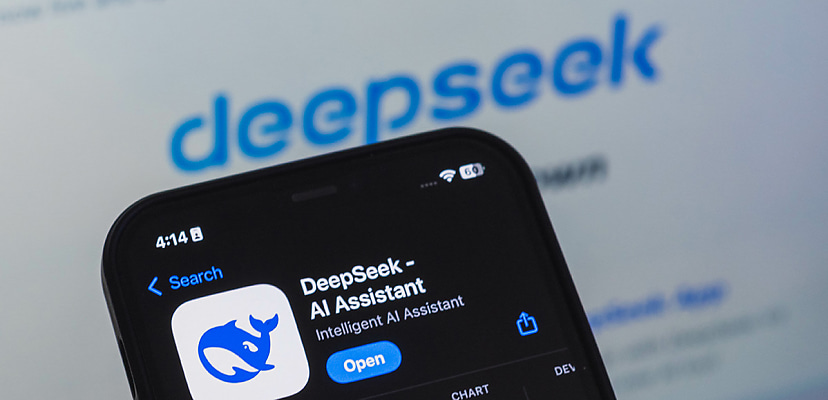Share this article on:
Powered by MOMENTUMMEDIA
Breaking news and updates daily.
The Trump administration is reportedly weighing up a ban on China’s DeepSeek AI in the US and considering restricting its purchase of AI chips from Nvidia.

As reported by The New York Times this week, the Trump administration has made moves towards restricting the purchase of Nvidia AI chips by DeepSeek to keep the US ahead in the AI development race.
DeepSeek and Chinese AI developers already face restrictions in the use of Nvidia’s top AI chipsets as part of legislation introduced under the Biden administration. Earlier this week, however, the Trump administration announced that it would be strengthening those restrictions.
DeepSeek’s success in developing an AI that can compete with OpenAI and US-made AI that uses Nvidia’s top chip, the H100 for development, came as a shock to US AI and technology firms in relation to how it was developed.
However, DeepSeek said its V3 model was trained using NVIDIA H800 GPUs, an older, less powerful chip that is used by OpenAI.
The H800 is a modified NVIDIA H100, the chip typically used by US AI developers for its superior power. The H800 has a lower chip-to-chip transfer rate, among other changes, and has been modified for export to China, allowing NVIDIA to keep the market without giving China the power to compete.
Not only has DeepSeek managed to train its AI model on the inferior chip, it’s also been able to do it for cheap. The company claims that V3 was trained on 2,788 thousand H800 GPU hours. At a rate of US$2 per GPU hour, the total comes out to only US$5.58 million.
Admittedly, the costs are only for V3’s final training run, but they still represent a “win” over US technology giants.
The Chinese companies success forced US AI firms to lower prices and advance offerings to compete.
OpenAI also accused DeepSeek of training its model using the training for OpenAI’s models.
Speaking with The New York Times, the US AI giant claims that through a method known as distillation, the company used data generated by OpenAI’s services to train its own model.
In basic terms, distillation refers to transferring the knowledge of a larger “teacher” model to a smaller “student” model to allow it to perform at a similar level while being more efficient computationally.
While distillation is common practice in the AI industry, OpenAI’s terms of service forbid the process for competitors.
“We know that groups in the [People’s Republic of China] are actively working to use methods, including what’s known as distillation, to replicate advanced US AI models,” said OpenAI spokeswoman Liz Bourgeois in a statement seen by The New York Times.
“We are aware of and reviewing indications that DeepSeek may have inappropriately distilled our models and will share information as we know more.
“We take aggressive, proactive countermeasures to protect our technology and will continue working closely with the US government to protect the most capable models being built here.”

Be the first to hear the latest developments in the cyber industry.